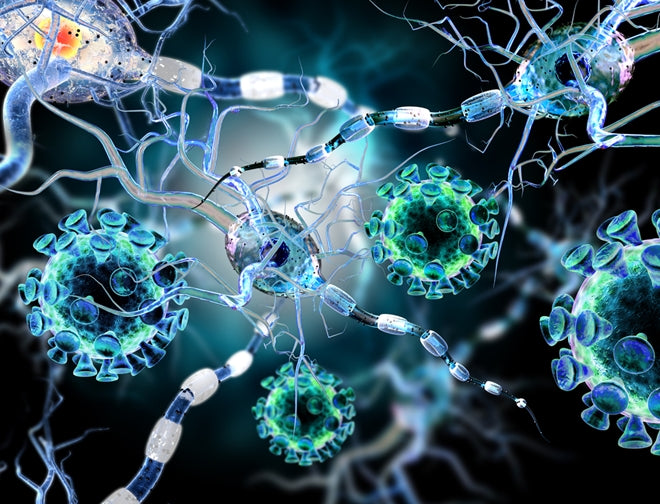Medical Reality 101, for Seniors
by Ralph Campbell, MD
(OMNS, Apr 3, 2017) I hate to admit it, but I am getting older. For some time I had noticed that my contemporaries were getting older but deluded myself into thinking that I was on a separate path. Joining the seniors' bunch makes me more empathetic and understanding of their views on medical care, drugs, and the "good life." Incremental changes in what now passes for "health care" have been so subtle (like the frog in the ever increasingly hot water) that many are uncritically and thoroughly trusting the system and the doctors in it. The inborn sense of trust was created back in the days where one could actually converse with the doctor and, together, a plan for diagnosing and treatment was developed. It was a personal relationship. There is no better way of developing trust than establishing good doctor-patient rapport. Current feeling goes something like this:"Doctors are well-trained and know what they are doing. They are backed by agencies like the Food and Drug Administration, an organization designed to keep us safe by checking out new drugs for their safety and efficacy. Surely, we must trust our government. If drug costs and hospitalization are paid for by my well-earned Medicaid (or Social Security) benefits, I'm in good shape."The average older senior takes 5 or more prescription drugs per day, plus untold over-the-counter drugs. Most oldsters are old enough to remember the nutrition revolution of the 60s. Meat, potatoes and Wonder bread were replaced. Well, at least the conversation switched to whole grains and lots more fruits and vegetables
If seniors go for the "vitamins just make expensive urine" bit, then starting on vitamins just amounts to taking more pills.I cannot understand how a practicing physician can possibly keep tabs on the proliferation of new drugs. Soon after a popular drug has to go generic, several new look-alikes appear on the market, accompanied by the ads we abhor: a brief description of what the medicine is for, and then a show of recipients enthusiastically partaking in joyous occasions . . . while the narrator delivers, in subdued tones, the side effects that might include "occasional death." However, many feel that if they get the hang of the meaning of a disorder, and the name of a wonder drug, that is all they need to know. Leave the rest to the doctor. It is a tough sell trying to convince those so locked into the system that medicines are designed to relieve symptoms. Few actually bring about a cure. True preventive measures can only come from basic nutrition, life-style practices and, usually, taking supplements---mainly of megadose vitamins. The "big three" serious causes of disability and death in seniors are cardiovascular disease (1) cancer (2) and Alzheimer's disease (3). They are preventable diseases. The thought of "a cure for cancer" is unachievable: mere pie in the sky. We haven't yet found a cure for cancer, but we do know there is a high reoccurrence rate in those who have achieved a remission from chemotherapy. And we certainly know that the origin of many cancers is due to exposure to environmental toxins. Medicine remains reluctant to acknowledge the role of nutritional deficiencies as causal factors and even more reluctant to support megadose vitamin therapies. We must overcome the wishful belief that we are on the right track and actually get on the right one. This means utilizing the knowledge we have of what works. What do we have to lose, while others wait amidst false pharmaceutical dreams, by getting on the new track and seeing where it goes? A safe, healthy and delightful journey awaits. (Ever youthful at 89, pediatrician Ralph Campbell, MD, is the author of The Vitamin Cure for Children's Health Problems and also The Vitamin Cure for Infant and Toddler Health Problems. He personally works a cherry orchard in rural Montana.)







